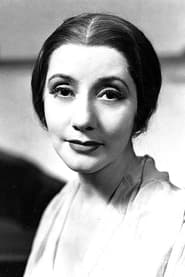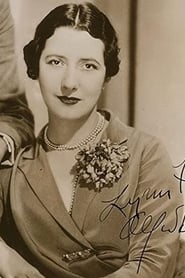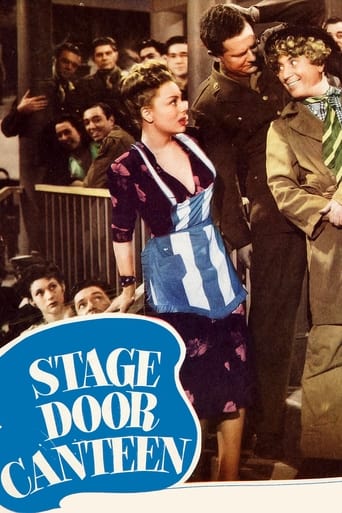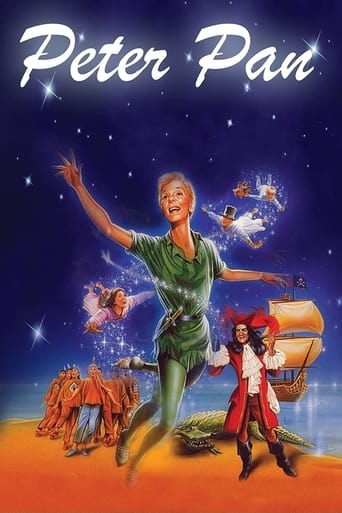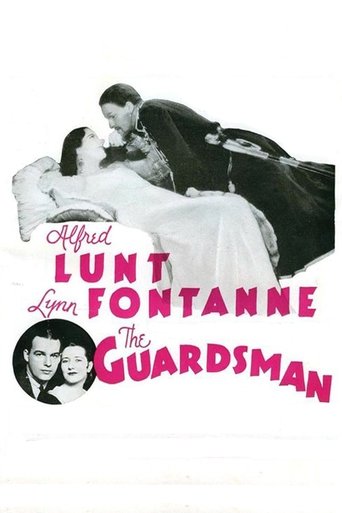Views
Lynn Fontanne
From Wikipedia
Lynn Fontanne (/fɒnˈtæn/; 6 December 1887 – 30 July 1983) was a British-born American-based actress and major stage star in the United States for over 40 years. She teamed with her husband, Alfred Lunt. Lunt and Fontanne shared a special Tony Award in 1970. They both won Emmy Awards in 1965, and Broadway's Lunt-Fontanne Theatre was named for them. Fontanne was also a Kennedy Center honoree in 1980.
Born Lillie Louise Fontanne in Woodford, London, of French and Irish descent, her parents were Jules Fontanne, a Frenchman, and Frances Ellen Thornley. She had two sisters, one of whom later lived in England; the other lived in New Zealand.
She drew acclaim in 1921 playing the title role in the George S. Kaufman-Marc Connelly farce, Dulcy.
She soon became celebrated for her skill as an actress in high comedy, excelling in witty roles written for her by Noël Coward, S.N. Behrman, and Robert Sherwood. However, she enjoyed one of the greatest critical successes of her career as Nina Leeds, the desperate heroine of Eugene O'Neill's controversial nine-act drama, Strange Interlude. From the late 1920s on, Fontanne acted exclusively in vehicles also starring her husband. Among their greatest theater triumphs were Design for Living (1933), The Taming of the Shrew (1935–36), Idiot's Delight (1936), There Shall Be No Night (1940) and Quadrille (1952). Design for Living, which Noël Coward wrote expressly for himself and the Lunts, was so risqué, with its theme of bisexuality and a ménage à trois, that Coward premiered it in New York, knowing it would not survive the censor in London. The duo remained active onstage until retiring in 1960. Fontanne was nominated for a Best Actress Tony for one of her last stage roles, in The Visit (1959).
Fontanne and Lunt worked together in 27 productions. Of her acting style with Lunt, British broadcasting personality Arthur Marshall - having seen her in Caprice St James's Theatre (1929) - observed: "in the plays of the period actors waited to speak until somebody else had finished, the Lunts turned all that upside down. They threw away lines, they trod on each others words, they gabbled, they spoke at the same time. They spoke in fact, as people do in ordinary life."[6]
Fontanne made only three films, but nevertheless was nominated for the Academy Award for Best Actress in 1931 for The Guardsman, losing to Helen Hayes. She also appeared in the silent films Second Youth (1924) and The Man Who Found Himself (1925). The Lunts starred in four television productions in the 1950s and 1960s with both Lunt and Fontanne winning Emmy Awards in 1965 for The Magnificent Yankee,[5] becoming the first married couple to win the award for playing a married couple. Fontanne narrated the classic 1960 television production of Peter Pan starring Mary Martin and received a second Emmy nomination for playing Grand Duchess Marie in the Hallmark Hall of Fame telecast of Anastasia in 1967, two of the few rare productions in which she appeared without her husband. The Lunts also starred in several radio dramas in the 1940s, notably on the Theatre Guild programme .
Lynn Fontanne died in 1983, aged 95, from pneumonia, at "Ten Chimneys" in Genesee Depot and was interred next to her husband at Forest Home Cemetery in Milwaukee, Wisconsin.
Known For: Acting
Birthday: 1887-12-06
Place of Birth: Woodford, Essex, England, UK
Also Known As: Lillie Louise Fontanne, Lynne Fontanne

